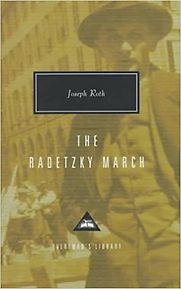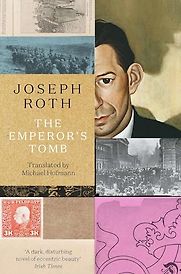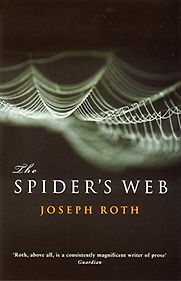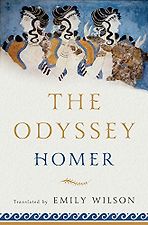Recommendations from our site
“It’s an extraordinary account of a world collapsing. It conveys the lost world of Mitteleuropa and the collapsing Austro-Hungarian Empire. And he does it brilliantly. The Trotta family are quite mediocre, only relatively interesting minor officials—and in the case of the son, a very minor soldier—that is, intrinsically not particularly exciting characters, who nevertheless convey a very interesting world. It’s an extraordinarily powerful book. Roth is a very interesting writer, a brilliant writer, who lived a very tragic life.” Read more...
Five of the Best European Classics
David Campbell, Publisher
“To a certain extent in this novel, but more in his other writings, Roth wrote about what the decline of the empire meant to the Jews. The double assassination at Sarajevo was a terrible moment, in Roth’s view, because it heralded the end of his homeland. With competing ethnicities and the rise of nationalism and so many wanting their own country, the Jews no longer had a homeland. So he lost his country.” Read more...
The best books on Jewish Vienna
Brigid Grauman, Journalist
“The Radetzky March is about three generations of a family set during the twilight of the Austro-Hungarian Empire. The first soldier in the Trotta family saves the Emperor Franz Joseph during battle and is elevated to nobility, but by the time we get to his grandson and the brink of World War I, the family is much diminished. It’s not so much about war as it is about the ways in which the family has been shaped by its relationship with the military and its relationship with a fading empire. It’s so brilliantly written.” Read more...
Phil Klay, Military Historians & Veteran
“A lyrical summoning of a remarkable world, the Austro-Hungarian empire, a balance between multiple ethnoses.” Read more...
The best books on The Death of Empires
James Meek, Novelist
“The quintessential book about the end of the Habsburg empire and the preface to the First World War.” Read more...
Janine di Giovanni, Journalist








